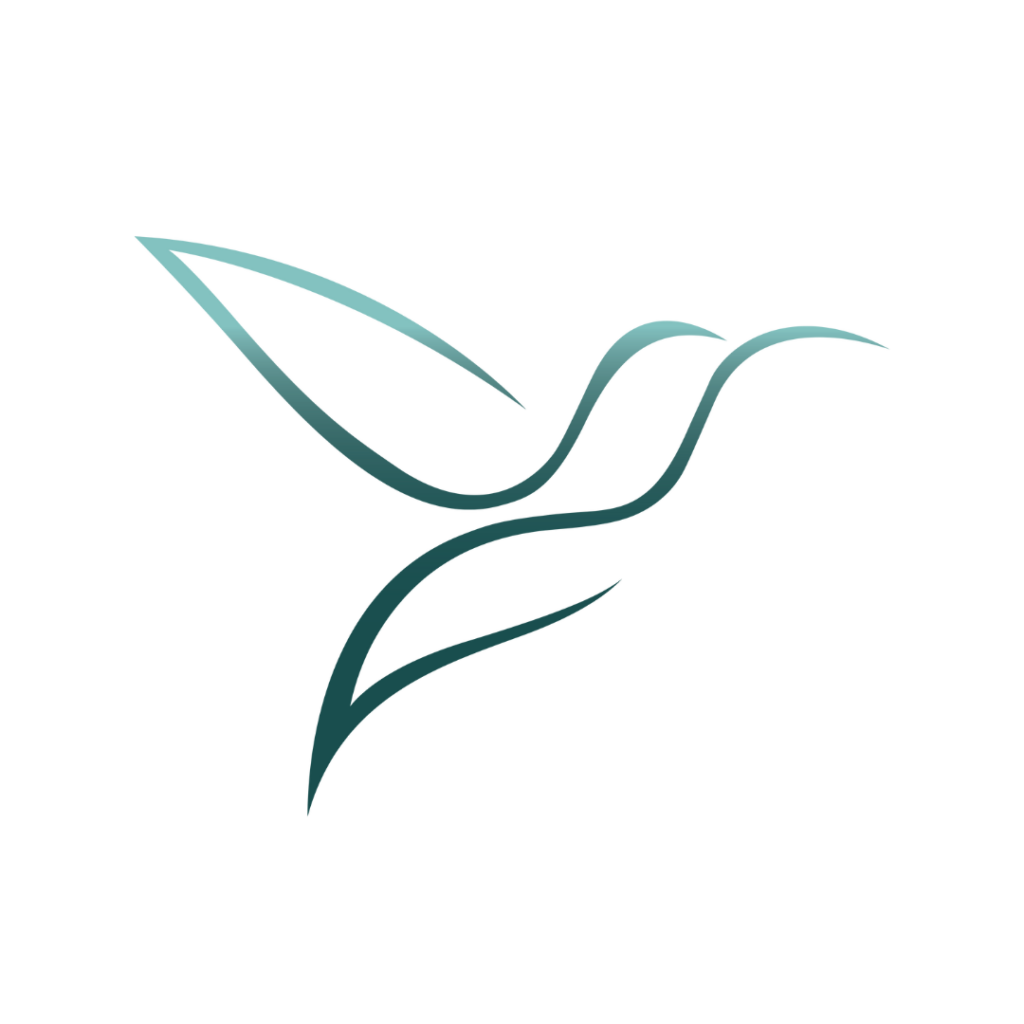
How Long Does Treatment Usually Last For?
If you’re thinking about starting treatment, one of the first questions that probably comes to mind is: How long will this take? That’s a completely reasonable thing to wonder. Life keeps moving,
Seek help at Capo Canyon Recovery. Our expert team can help you or your loved one heal from process addiction.

Process addictions, also known as behavioral addictions, involve compulsive engagement in rewarding non-substance-related behaviors despite various negative consequences. Unlike substance addictions, where the addiction is to a chemical substance, process addictions center on certain activities that provide an emotional “high”.
While it’s true that these behaviors have their starts as harmless fun or distraction, they may evolve into serious disorders that disrupt daily functioning and relationships. This is why it’s important to understand them and treat process addictions as crucial because they can substantially impair an individual’s overall quality of life. In this post, we’ll dig into the various types of process addictions, their impacts, and what treatment options are effective to help those affected regain control and achieve recovery.
24/7 Help – 100% Confidential Call (866) 460-5191
Process addictions are a compulsion to engage in activities that are initially pleasurable but become compulsive over time, leading to significant negative consequences. Unlike substance addictions, which involve an addiction to drugs or alcohol, process addictions involve behaviors that are addictive because they trigger the brain’s reward system, much like substance use, but without the ingestion of a substance.
These addictions can include a variety of behaviors, such as gambling, shopping, internet usage, gaming, and even more compulsive actions like eating or exercise. Each of these behaviors can serve as a way to cope with stress, anxiety, or depression, but when they become a primary method of coping, they can disrupt normal functioning and relationships.
The psychological mechanisms driving process addictions often involve a need for control, escapism, or a way to manage negative emotions. For instance, someone may turn to compulsive shopping as a relief from sadness or to fill a void, while another might use excessive gaming to escape from real-world problems or to feel a sense of achievement. Over time, the compulsive activity becomes a central focus of their life, often at the expense of more productive activities and healthy relationships.

Identifying process addictions can be challenging because the symptoms often overlap with normal engagement in everyday activities. However, when these behaviors escalate in frequency and intensity and start to interfere with daily responsibilities, they may signal an underlying addiction.
The primary symptom of process addiction is a compulsive need to engage in a specific behavior, even when it causes harm or significant distress. This compulsion is often accompanied by an increasing tolerance to the activity, meaning the individual needs to engage in the behavior more frequently or intensely to achieve the same emotional relief or pleasure. Withdrawal symptoms, although not always physical, can manifest as irritability, restlessness, or depression when the person is unable to perform the behavior.
Other key symptoms include neglect of personal and professional responsibilities; using the behavior as a way to escape from problems or relieve anxiety, depression, or stress; and continuing the behavior despite facing social, financial, or legal consequences. The person might also become secretive or defensive about their activities, especially if confronted about their behavior.
Even just a few of these symptoms can lead to a significant deterioration in personal and professional relationships and overall quality of life. Recognizing these signs is critical for seeking timely and effective treatment, as process addictions, like substance addictions, can become more entrenched over time.
24/7 Help – 100% Confidential Call (866) 460-5191
Effective treatment for process addictions typically requires a comprehensive approach tailored to the individual’s specific needs.
Cognitive behavioral therapy is often central to treatment, helping individuals recognize and change the thought patterns and behaviors that contribute to their addiction. In addition to CBT, other therapeutic methods may include motivational interviewing, which enhances motivation to change, and psychoeducation, which teaches individuals about addiction and strategies for managing it.
For some, medication may be necessary to treat underlying or concurrent mental health issues such as anxiety or depression, which can contribute to addictive behaviors. Incorporating lifestyle changes, such as increasing physical activity and improving diet, can also support recovery by enhancing overall well-being.
Personalized treatment plans often combine these approaches with ongoing support from mental health professionals to ensure the best outcomes. These plans are adjusted over time to adapt to the individual’s changing needs and progress in recovery.

The journey to recovery from process addictions is often challenging and can be significantly enhanced with a strong support system.
Family and friends play a crucial role in providing emotional support and motivation. Their involvement can help maintain the momentum needed for long-term recovery. Additionally, professional support from therapists and counselors is indispensable, as they offer expert guidance and accountability, which are vital for overcoming addictive behaviors.
Support groups are another essential component of the recovery process. These groups provide a platform for sharing experiences and coping strategies, which can alleviate the sense of isolation that often accompanies process addictions. Connecting with others who face similar challenges, and being open and honest with them about recovery, fosters a community of understanding and mutual encouragement that can be incredibly powerful.
Overall, support groups have been shown in studies to help create more positive outcomes for those in addiction recovery.
Recognizing and treating process addictions is crucial for restoring health and balance to the lives of those affected. With the right treatment and support, individuals can overcome the compulsive behaviors that have disrupted their lives. If you or someone you know is struggling with a process addiction, it’s important to seek professional help.
Effective treatment plans, coupled with strong support networks, pave the way for recovery and a return to a fulfilling life. Contact Capo Canyon today and take the first step toward effective process addiction treatment.

If you’re thinking about starting treatment, one of the first questions that probably comes to mind is: How long will this take? That’s a completely reasonable thing to wonder. Life keeps moving,

It’s a common misconception that wealth shields people from the grip of addiction. In reality, financial resources alone cannot address the complex biological, psychological, and social factors that drive substance use disorders.

Choosing a rehab that honors your need for discretion is just as important as selecting effective clinical care. At Capo Canyon, we understand that maintaining confidentiality is critical for professionals, public figures,

In luxury rehab, recovery transcends generic therapy protocols. At Capo Canyon, we craft personalized, holistic treatment plans that honor each client’s unique history, needs, and aspirations. In this blog, we’ll look at

The choice to get help through rehab is often highly dependent on cost considerations, particularly when you’re evaluating luxury options. Getting clarity on pricing helps you make an informed investment in your

At its core, CBT is designed to help you understand and change unhelpful thought patterns, leading to positive changes in behavior and overall well-being. In this post, we’ll explore why you might




Capo Canyon Recovery offers licensed and accredited detox and residential treatment in Orange County. Call us to start your recovery journey today.
